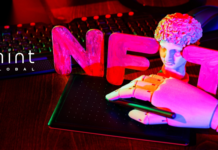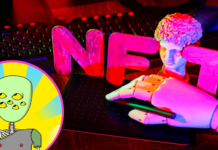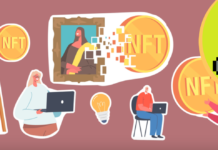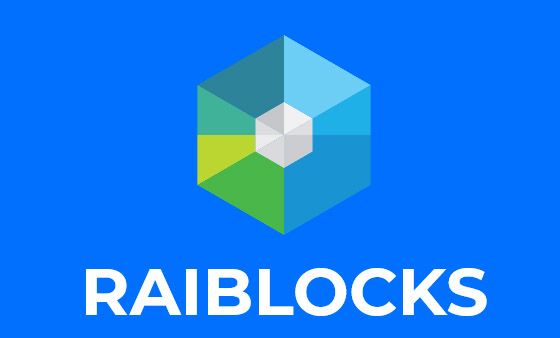
RaiBlocks ($XRB) is a digital currency that provides high throughput, scalability and superior performance. It’s supported by advanced blockchain technology and a trustless network that boasts a low energy footprint and fee-less, instantaneous transactions.
It accomplishes all of that by taking a unique approach in its implementation of blockchain technology. In what’s called a block-lattice structure, each RaiBlocks account has its own dedicated blockchain. A proof-of-stake voting system helps achieve consensus across the network as a whole.
The platform has a ledger of approximately 1.7 gigabytes. Users can conduct transactions without worrying about paying any fees and all transactions are instantaneous. It’s also incredible scalable, making it perfect for peer-to-peer transactions and currency transfers.
Because it’s proof-of-stake, it does not make use of the power-sucking mining hardware associated with many blockchain and cryptocurrency networks. RaiBlocks is entirely pre-mined, and all of the currency has already been distributed for trading and exchange.
How RaiBlocks Works
The network relies on a block-lattice structure that allots each account its own blockchain. Each account thus features a chain of events in the form of its own balance and activity history. Only an account owner can modify the account’s chain, and the global ledger, tracks the global set of accounts. Whereas in a traditional blockchain the entire ledger would be distributed and shared by all nodes, in RaiBlocks it is only partially distributed, with each user’s personal balance and history maintained only on their local chain.
This allows for instantaneous asynchronous updates on the user end, because a transaction need not be propagated through the entire network to be confirmed. It also means that the process of transferring $XRB from one account to another does require two independent transactions rather than one.
Users are required to initiate a send transaction, which deducts the appropriate amount from the sender’s account. This is followed by a receive transaction that credits the amount to the recipient’s account balance.
Free Transactions
The RaiBlocks platform does not charge transaction fees because it relies on a lightweight protocol, which translates to nominal costs for anyone running a node. A single transaction performed via the network can be delivered in only one UDP packet. Additionally, all transactions are processed individually, which should eliminate the problems associated with block size.
That doesn’t mean delays are impossible; ongoing transactions may be delayed with the aim to prevent the proliferation of transaction spam, which has been shown to bog down some blockchain networks.
Free transactions are also made possible thanks to the proof-of-stake system and the resultant lack of a need for mining. On a traditional blockchain, transaction fees help compensate miners for the electricity costs they incur while running network nodes, but this is unnecessary with XRB because the currency is not mined. A total of 133,248,290 $XRB was pre-mined and distributed in October via a faucet system controlled by captcha.
A number of third party sites still claim to mine XRB, but they only mine other digital currencies. They then sell the mined cryptocurrencies in exchange for RaiBlocks, which is made economically feasible thanks to RaiBlocks’s feeless transaction structure.
RaiBlocks’s Voting System
Consensus in the network is achieved through a complex voting system. The entire process is balance-weighted and designed to enable accounts to pick representative nodes that are always online for the purpose of voting. All active wallets are given an opportunity to act as representatives regardless of current account balance. Representative must stay online to participate in the voting process.
Account balance does matter, though. The selected representative account gains increased voting weight from the account or accounts that chose it based on the choosing account’s current transaction balance.
This means that account balances play a pivotal role in maintaining the integrity of the network. Users with more funds in their accounts are naturally keen to maintain high levels of integrity on the platform, so they are given superior voting powers.
RaiBlocks Versus Bitcoin
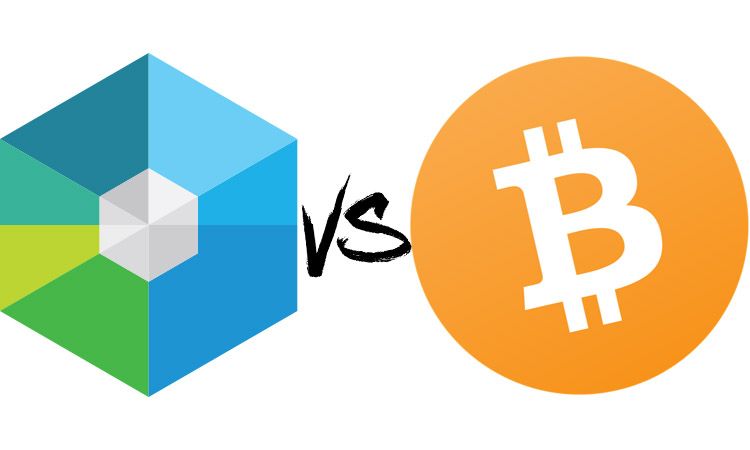
Since RaiBlocks’s aspirations are simply to serve as a cryptocurrency, it’s worth considering XRB in comparison to Bitcoin, which is the undisputed king of cryptocurrencies. Obviously, XRB doesn’t have anything on BTC’s market cap or mainstream buzz, but on a technological level, it compares favorably.
For example, while Bitcoin transactions are processed on the order of hours, RaiBlocks processes transactions instantly. And while Bitcoin’s transaction fees have reached steep prices thanks to the requirements of Bitcoin’s proof-of-work system and the multiple-transactions-per-block structure, RaiBlocks transactions cost nothing at all.
In terms of security, Bitcoin protects the network from attacks by using hundreds of terawatts of computing power. Making it costly and unprofitable to try and accrue enough computing power to impact the network maliciously.
But RaiBlocks offers security too; its delegated proof of stake (dPOS) system safeguards its ledger from cyber criminals, because an attacker would need 50 percent of the voting power to breach the security of block-lattice. Acquiring that much $XRB would be so costly as to make any such attempt pointlessly expensive.
In Summary: Key Features of RaiBlocks
- Scalability (based on the logarithm of the data set size)
- No transaction fees for sending and receiving funds
- Proprietary block-lattice structure
- Instantaneous confirmation and completion of transactions
- Dedicated blockchain for individual accounts
- Account owners responsible for verifying transaction details
- Balance-weighted proof-of-stake voting




















